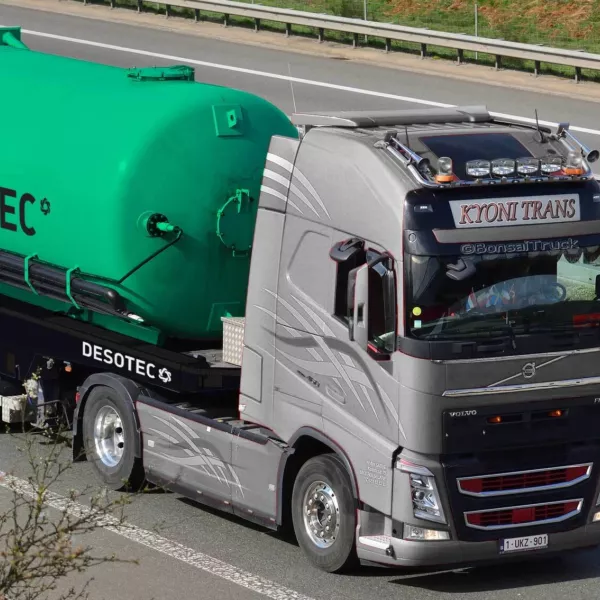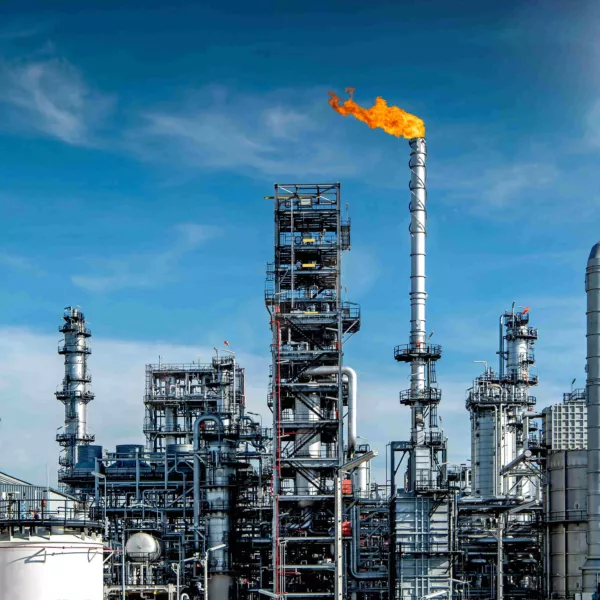Valorising chemical by-products by purifying HCl
The industrial production of liquid chemicals (both organic and inorganic) often involves one or more separation and purification steps to reach demanding technical specifications. DESOTEC has more than 30 years of experience in the purification of liquid chemicals such as hydrochloric acid (HCl), sulphuric acid (H₂SO₄), amino acids, mineral oils, brines and many different types of solvents. This case study demonstrates how our sustainable mobile activated carbon filtration solutions are helping customers purify HCI, developing new income streams and opening up markets.




